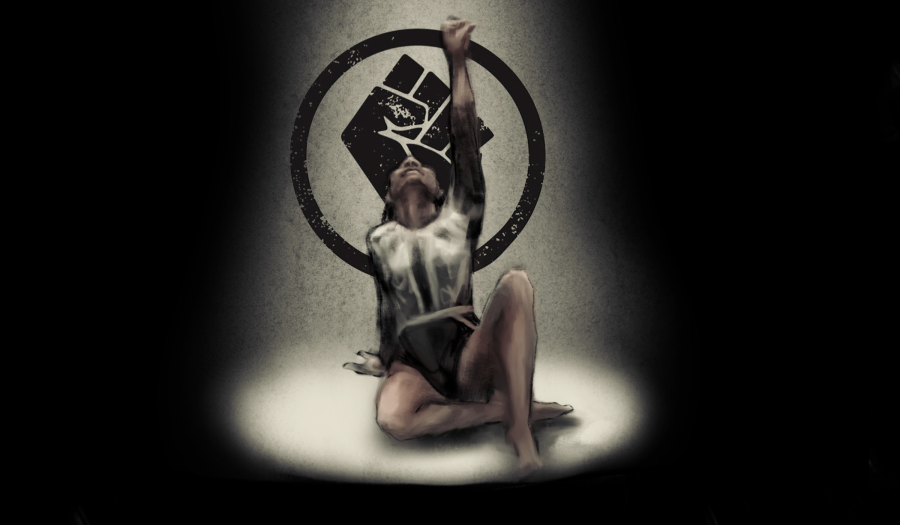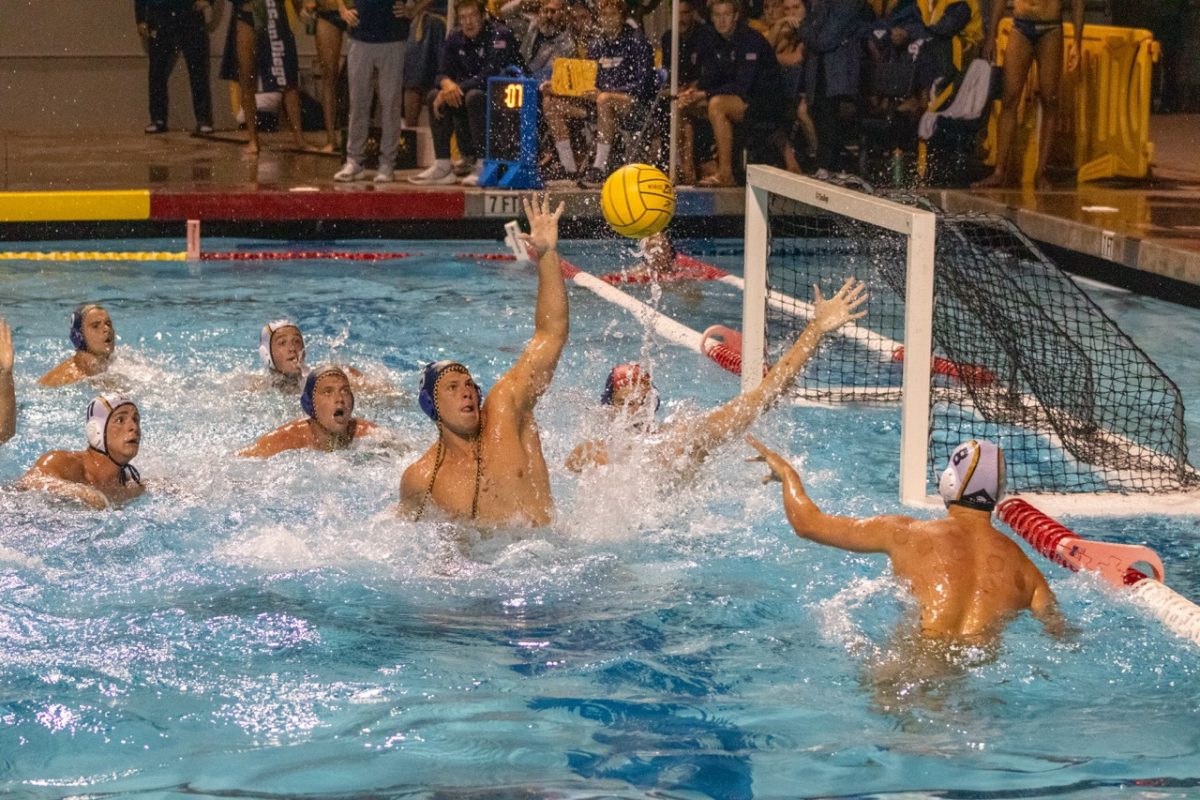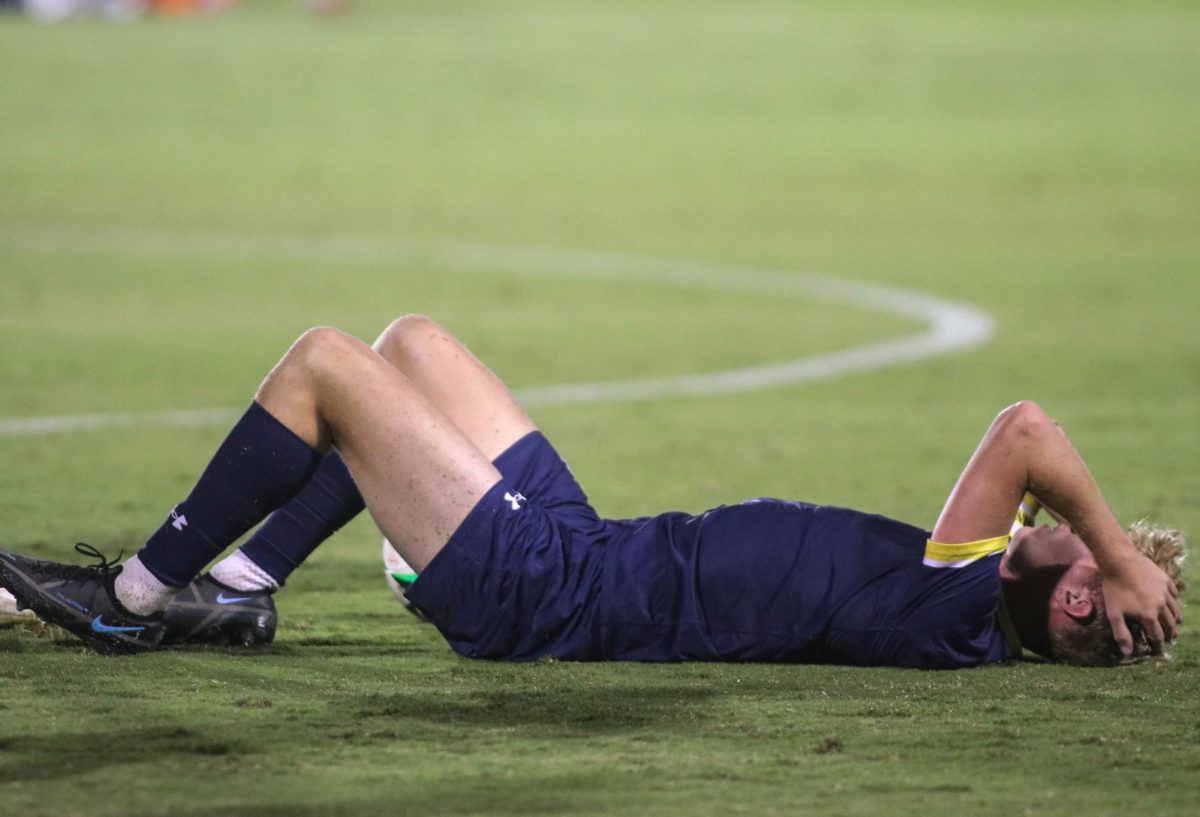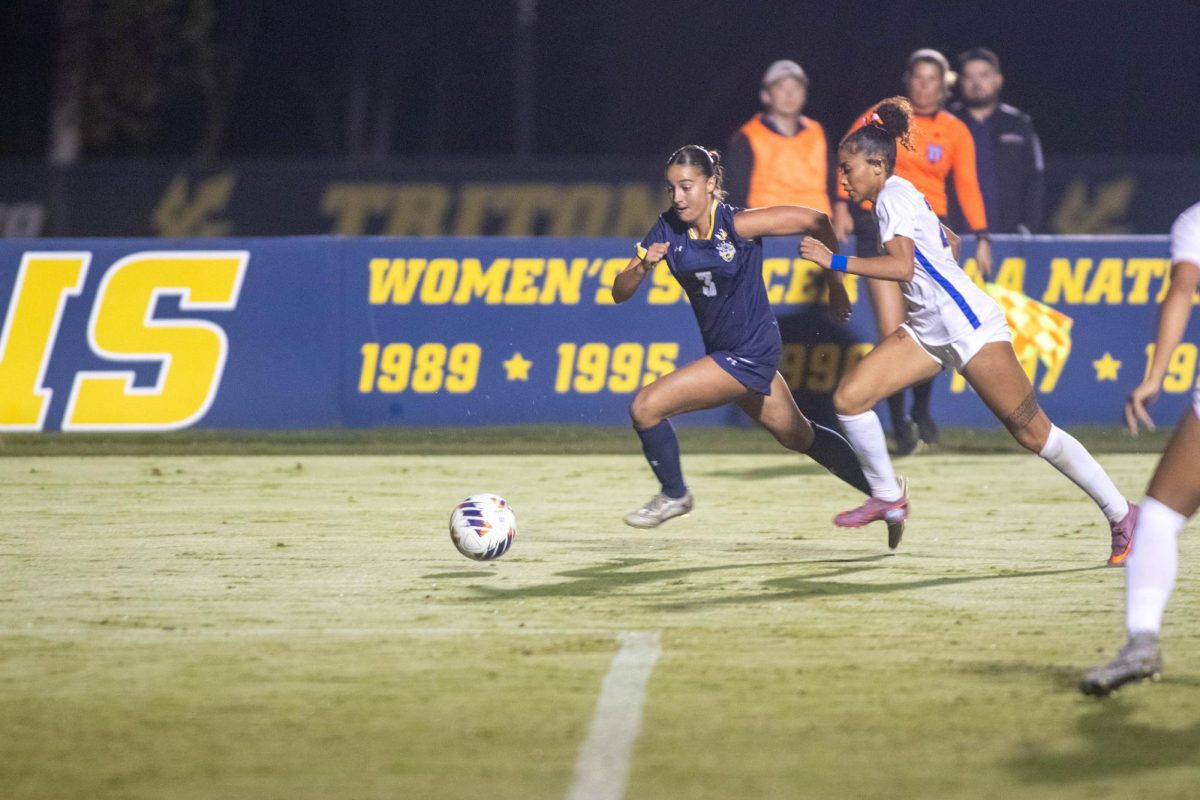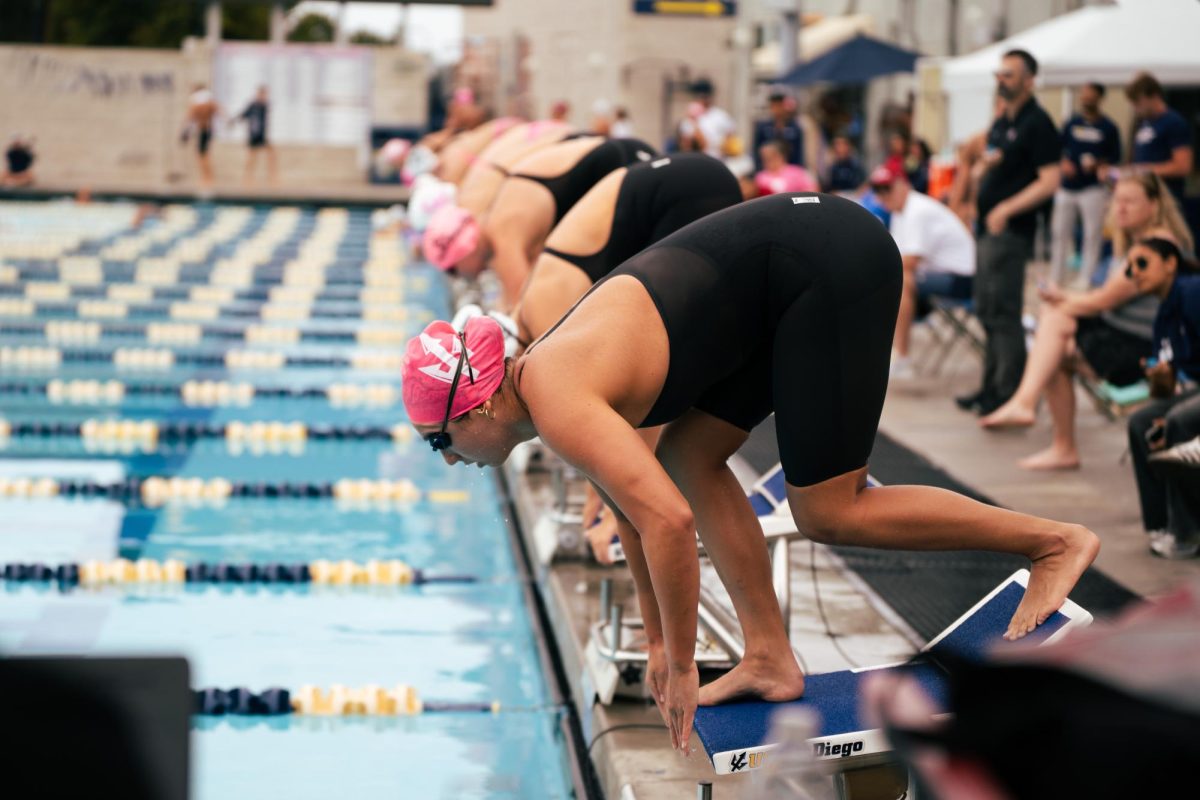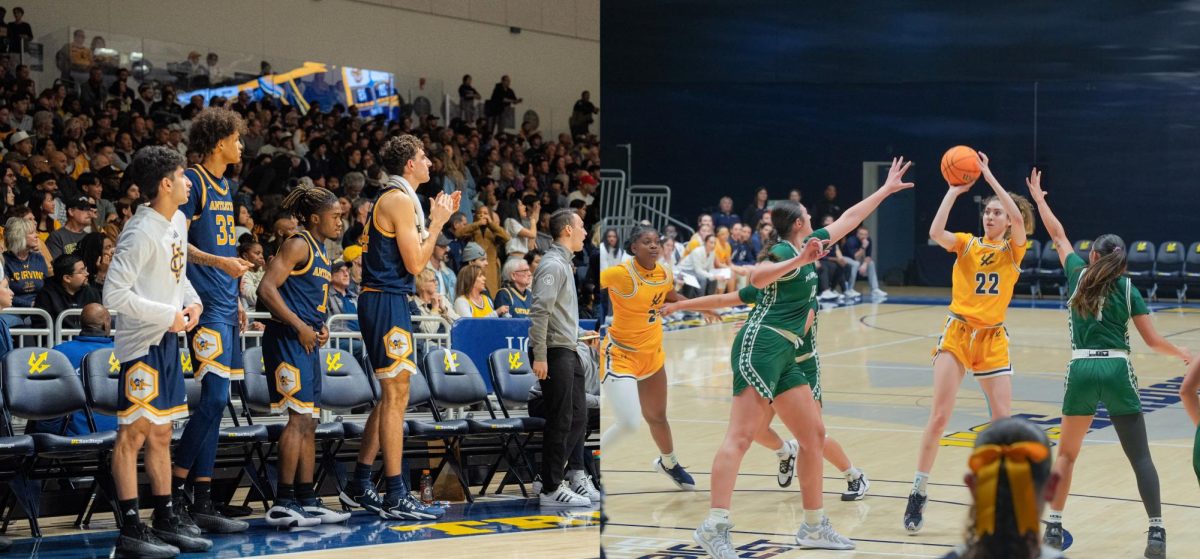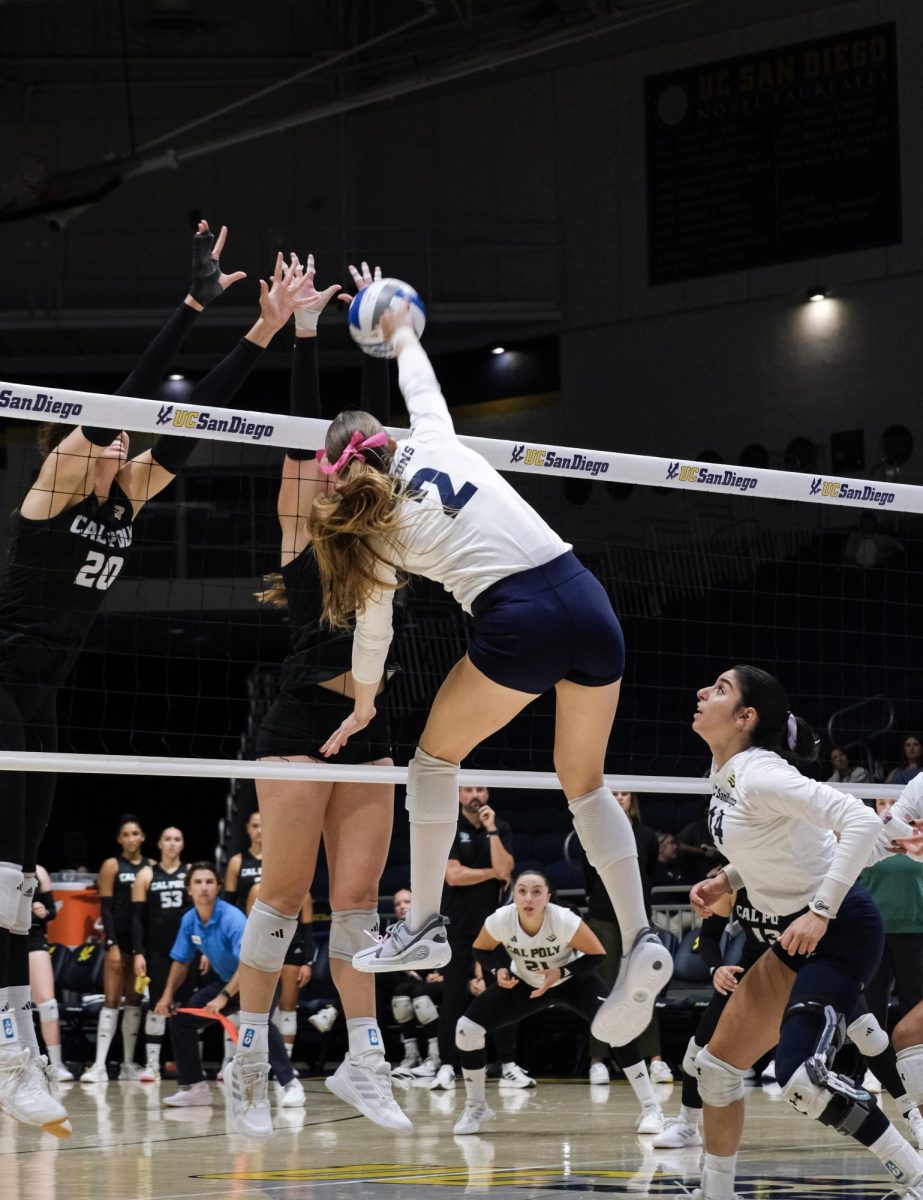As collegiate sports teams began to don social justice-themed uniforms following 2020’s renewed calls for activism, fans took notice — that is, until the games’ starting whistles sounded, signaling a transition between performative marketing and sport itself.
But when UCLA gymnast Nia Dennis debuted a floor routine that paid homage to a medley of Black artists from Kendrick Lamar to Tupac, with choreography deliberately chosen to reflect the theme of Black excellence, the world watched.
Dennis’ routine, which amassed over 11 million views as of Mar. 6, wasn’t alone in its popularity. Fellow UCLA gymnast Margzetta Frazier’s Janet Jackson-inspired floor routine had also gone viral in early February, and gymnasts within the program have embraced the artistic freedom of the event in similar ways since 2016.
If NCAA gymnastics has taught fans anything, it’s that it is possible to simultaneously excel in athletic performance while also integrating social justice and celebrating visibility. All collegiate athletic programs, regardless of the sport, have much to gain from looking to some women’s gymnastics teams as models of programs embracing their diversity rather than simply tolerating it.
Nevertheless, collegiate gymnastics teams have not always acted in support of athletes wishing to advocate for social justice and equity both within and outside of the sport.
UC Davis gymnastics alumna Alexis Brown faced retaliation for kneeling during the national anthem to protest police brutality, among other displays of advocacy, in 2017 and 2018. Brown wasn’t alone; in the wake of the summer 2020 resurgence of the Black Lives Matter movement, numerous other former NCAA gymnasts spoke out about the racism they endured within their respective schools’ programs and athletic departments. The sport as a whole still has a long way to go, as the teams who have modeled a commitment to embracing diversity and social justice are still the exception rather than the rule.
That’s not to say that a paradigm shift isn’t yet visible, because it is.
And the push has been initiated by athletes who have chosen to ignore some fans’ cries to “stick to sports,” opting instead to permanently instill values of social justice within their team culture. At the University of Iowa, the Hawkeyes women’s gymnastics team released a video montage in February announcing their 2021 season theme of “Enough.”
“2020 has been the year of learning,” the voiceover began. “In 2021, we do something about it. The norm is dangerous. We can’t and will not go back to normal. Normal wasn’t working. That’s why we’re making noise about the past and present social injustices. So we don’t carry them into our future. We speak to highlight these issues but that’s not where we stop.”
Long Island University women’s gymnastics team took a similar stance. In the program’s inaugural season, LIU hosted a Pride meet on Feb. 26 immediately followed by a Black Lives Matter meet on Feb. 28, which they stated on a social media post represented their commitment to “highlighting and supporting communities which have historically been excluded from our sport and our communities.”
But LIU’s program didn’t simply display pride flags and distribute Black Lives Matter apparel before calling it a day.
Prior to both meets, they used their Twitter platform to amplify local and national organizations that aid LGBTQ+ people and work toward Black liberation. They also viewed the national anthem as an opportunity to center diverse voices; during the Pride meet, NYC-based drag queen Castrata sang the national anthem, and during the Black Lives Matter meet, assistant coach Hallie Mossett sang the Black National Anthem, “Lift Every Voice and Sing.”
Additionally, at the start of their season, LIU created “first meet dedications,” which provided each gymnast with the opportunity to write about a cause or organization of their choice that fans could support in honor of the program’s first competition. The responses ranged from cancer awareness and mental health to foster care and human rights.
UCLA, Iowa, and LIU aren’t alone — other programs including the University of Pittsburgh have engaged in similar efforts to center social justice, demonstrating a clear trend within women’s collegiate gymnastics. In January, athletes across eight teams within the PAC-12 region formed the GPAC committee, or “Gymnasts for Peace, Action & Change,” aimed at fostering diversity and inclusion within the conference and sport.
However, while these team’s strategies can serve as a blueprint for other NCAA sports teams hoping to promote similar causes, they should not be the starting point.
Embracing diversity and equity within a team does not begin with boilerplate statements and performative messaging printed onto uniforms. It starts behind closed doors, with hiring a diverse staff and creating an environment that not only doesn’t penalize athletes for speaking up or expressing their identity, but actively encourages it. Only then can teams effectively segue to external displays of solidarity that serve to empower their fans and others in the sport.
Ultimately, it is up to collegiate athletes and teams to use their platforms in ways that are meaningful to them and the team identity they wish to create, as long as those values are honored just as effectively within the team culture that lies outside of the public eye.
And while activism within sports teams alone will not mend the most pressing injustices that our society faces, it sends a clear message to fans, one which the Hawkeyes voiced most succinctly in their intro video as they extended their fists overhead: “We’ve had enough.”
Art by Angela Liang for the UCSD Guardian



